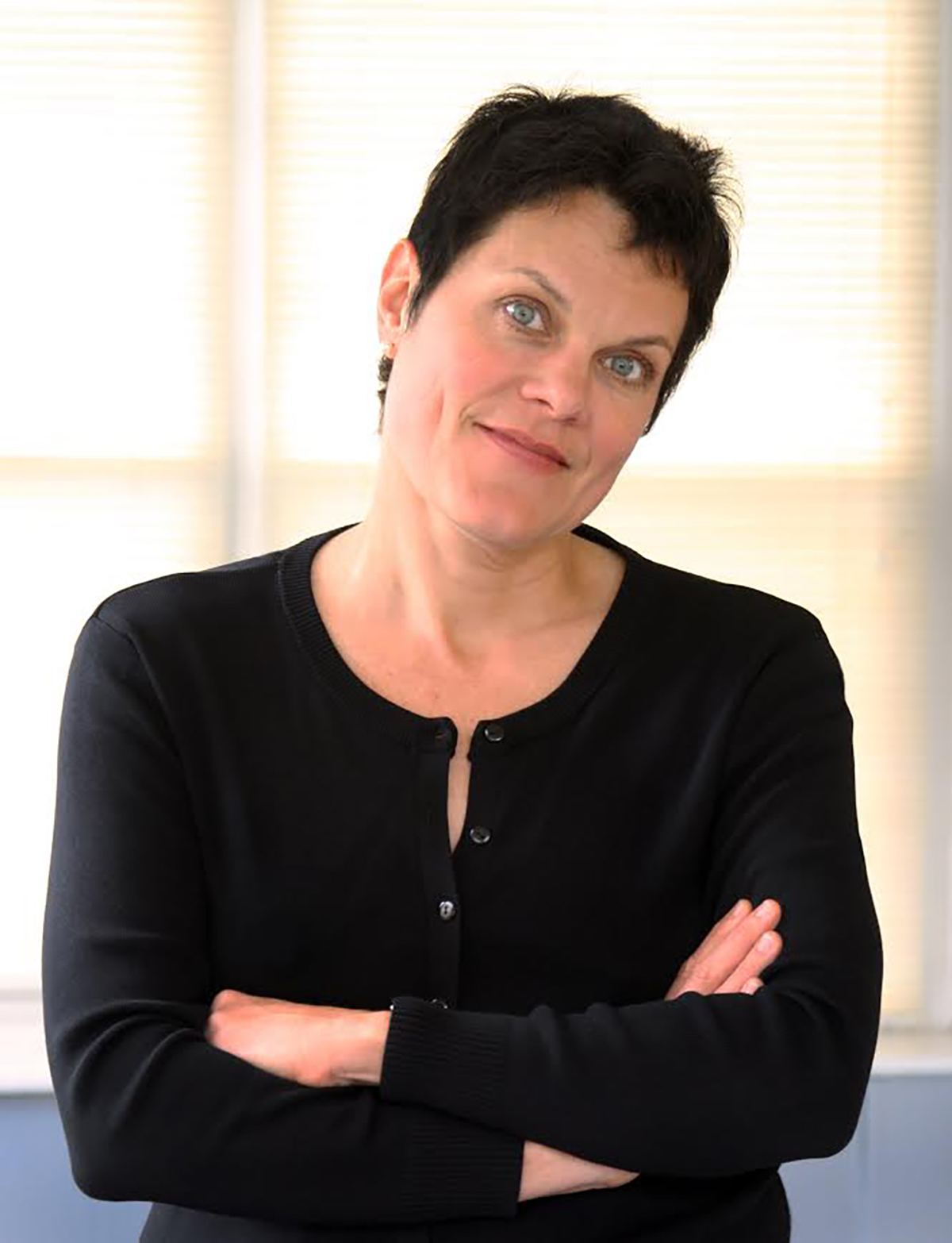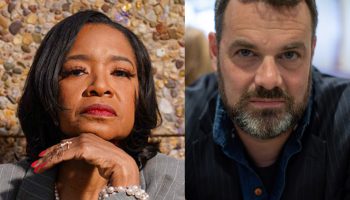People can be somewhat terrified of the news in 2017, but Julia Spicher Kasdorf has a way to soothe those fears: poetry.
Or, more specifically, documentary poetry.
Kasdorf’s Brown Bag, “Documentary Poetry: Making Sense of the News” will be at 12:15 p.m. Friday on the front porch of the Literary Arts Center at Alumni Hall. The poetry Brown Bag is normally scheduled for 12:15 p.m. on Tuesdays, but is at a different time this week to accommodate discussions of two Chautauqua Literary and Scientific Circle selections earlier this week.
Kasdorf is Week Seven’s poet-in-residence at the Chautauqua Writers’ Center. She’s the author of Poetry in America and is the recipient of both a Pushcart Prize and a National Endowment for the Arts poetry fellowship.
Documentary poetry is a strain of American poetry that’s been around for a long time, Kasdorf said. It has roots in the 1930s in the work of poets such as Muriel Rukeyser and Charles Reznikoff, she said.

And it’s recently come back into fashion, Kasdorf said, with poets such as Mark Nowak. His collection Coal Mountain Elementary trains a poet’s eye and sensibilities on mining disasters.
“People have begun practicing it again,” Kasdorf said. “It’s a kind of poetry that combines a commitment to fact and to representing issues that is borrowed from journalism. But it also includes the literary strategies of poetry, so it makes for powerful, emotionally charged representations of real-life things.”
Kasdorf said she’ll discuss the history of the form, as well as her own interest in it. She recently finished a collection of documentary poetry that examines the “environmental and emotional” impacts of fracking in Pennsylvania, Kasdorf said. She worked with photographer Steven Rubin on the project.
People might be unfamiliar with the term “documentary poetry,” Kasdorf said, but they might already be reading it. She said she hopes her Brown Bag will bring that awareness of the genre to the forefront.
“Maybe it will make them more alert to this practice,” Kasdorf said. “I also hope that it might inspire them to track some of these authors down and read them.”
Kasdorf’s lecture was originally titled “News from Poems: Documentary Poetry,” but she decided to change it to “Documentary Poetry: Making Sense of the News.” She said this allowed her more room for wordplay that emphasizes the crucial power of documentary poetry.
“I’m sort of punning there because ‘sense’ can go in two directions,” Kasdorf said. “On the one hand, it’s bringing the senses into play: what you taste, what you see, what you smell, what you hear — which is the domain of poetry writing. There’s also making sense, as in making meaning. Documentary poetry helps us do both of those things.”
Kasdorf said she sees documentary poetry as “an important artistic intervention” in a moment where people are dealing with an excess of information from wide-ranging sources.
“We have more access to information now than ever, and from all over the world,” Kasdorf said. “I think people feel overloaded. But documentary poetry helps people make sense of the events and information, and it helps them find a way to feel committed. It can personalize things. That’s how I think about it, and that’s my understanding of its value.”




